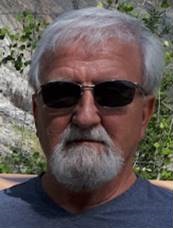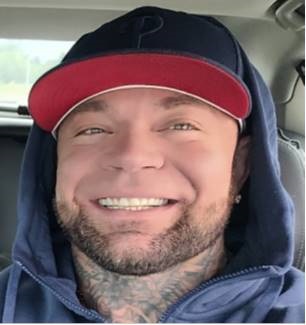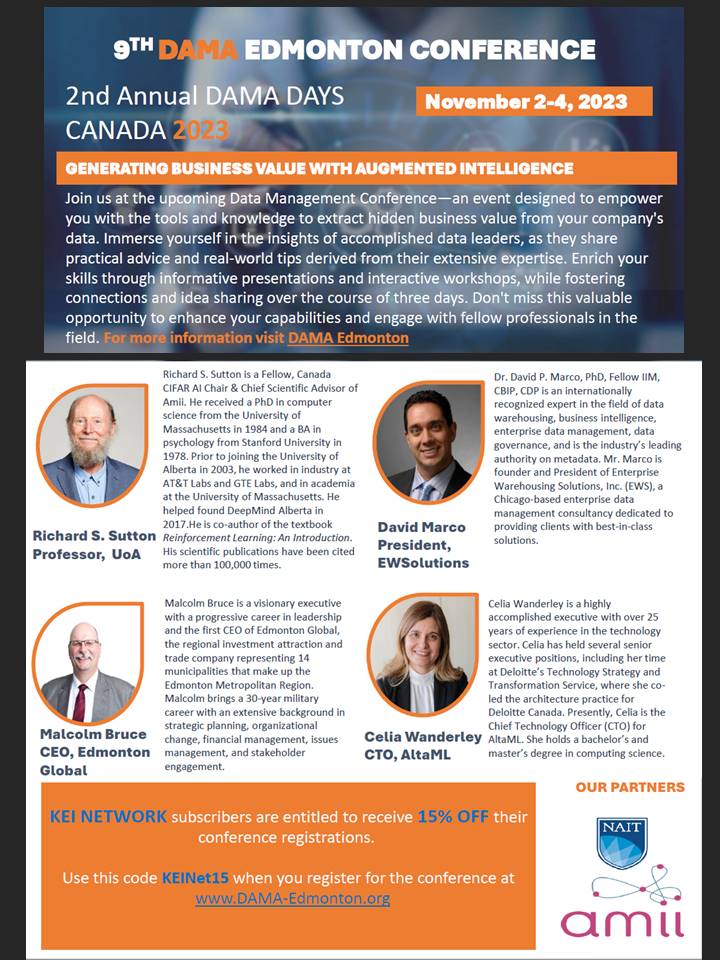|
|
HOMELESSNESS - Causes and costs, cures and prevention People "served" by public services - think corrections, mental health, child welfare, addictions, immigration, indigenous, etc. are unprepared to transition to communities that are also unprepared to receive them. Homelessness is the result and it is growing. |
|
|
Healthcare Reform - We just can't wait any longer! HERE Personalized Learning - Failing? HERE
Artificial Intelligence - An existential threat? HERE |
||
|
Last week - Click below Who are the homeless and what assistance is effective ... a US perspective |
WEBINAR HOMELESSNESS (Episode #3) - Faith and despair, hope and recovery ... a Canadian perspective 4:00PM MST Thursday October 19th, 2023 |
|
Last week's webinar HERE HOMELESSNESS (Episode #2) – Who are the homeless and what assistance is effective ... a US perspective featured an interview of Carol and Tim Kane in New Mexico. They were invited to share their experience in the United States and in so doing to help personalize both the challenge of serving and the challenge of being homeless. Their journey into the morass of serving the homelessness was triggered by the pain of losing two sons to addictions and suicide. Their story revealed much about what is needed, what is working and not. Viewer input reinforced the relevance of family and community and revealed the various gaps in the public commitment to prevent and resolve homelessness.
The Clash of Public and Private Interests
Few issues illustrate the class of public and private interests as well as that of solving homelessness. Too often in the shaping of public policy we may get the big picture, the average right but miss completely the point that the problem is ultimately personal. But ultimately any "solution" has to fit all those affected: the person and the police, the community and the public. We are learning that harmonizing public and personal approaches warrants the need for "agency", that is a public and personal commitment to learn ... to change. The public want their communities to be safe; most people want to be helped. Purging the streets of the homeless, mandating where they will stay is not a personal solution. Yet, tolerating un-social and oftern anti-social behaviour is intolerable to the public. How to harmonize the clash of public and personal interests is a political challenge like few others and should be of concern to us all. - Editor, Perry Kinkaide. KEInetwork.net
|
HOMELESSNESS WEBINAR (Episode #3) - Faith and despair, hope and recovery ... a Canadian perspective As we further explore homelessness it is only apropos to get a handle on who are the homeless and how to address this growing and complex problem in our communities. Tim Aubry during Episode #1, summarized the PUBLIC policy challenges addressed by Housing First for resolving the homelessness issue. Housing First does not however address the personal challenges, that is, what is expected by and of the homeless themselves. By walking the talk - visiting the front lines - meeting service providers and those they serve we are trying to better understand what works bottom up. The problem is complex and the array of players involved warrants extraordinary collaboration. How are communities addressing the challenges? What can be learned from the homeless themselves? Are there those among us who regardless of ideology, political affiliation, or the challenges - who just weigh in to make a difference? That is again the subject of this week's webinar featuring an interview of two Canadians: Doug Sedore - minister, family advocate, service entrepreneur, and Justin Burford - recovered and formerly homeless. Join us Thursday October 19th HERE https://us02web.zoom.us/j/82390691947 Stay tuned, the Homelessness series concludes with Episode #4 on October 26 featuring a discussion of recommendations with the former presenters adding representation from the police. |
 Doug Sedore - a strong faith in family having 10 bothers and sisters and now married living in Sherwood Park, Alberta with his wife and two sons. His career reflects a passion for people, a journey shared with those in poverty, with addictions, and often homelessness. He has worked as a prison chaplin, directed a inner city mission and is the founder of Hope in Strathcona providing housing for sober living and the associated Buiilding Hope Compassionate Ministry Centre in Edmonton. He is a student of suicide prevention, critical incident stress management, with multiple courses on understanding addictions and peer support counseling. He is trained in grief share, divorce care, pre marriage and marriage counseling. Doug has served as director for the Canadian Association of Food Banks, the Canadian Food grains bank, and Hope Shares Canada—Seed of Hope South Africa and an international not for profit community development organization.
Doug Sedore - a strong faith in family having 10 bothers and sisters and now married living in Sherwood Park, Alberta with his wife and two sons. His career reflects a passion for people, a journey shared with those in poverty, with addictions, and often homelessness. He has worked as a prison chaplin, directed a inner city mission and is the founder of Hope in Strathcona providing housing for sober living and the associated Buiilding Hope Compassionate Ministry Centre in Edmonton. He is a student of suicide prevention, critical incident stress management, with multiple courses on understanding addictions and peer support counseling. He is trained in grief share, divorce care, pre marriage and marriage counseling. Doug has served as director for the Canadian Association of Food Banks, the Canadian Food grains bank, and Hope Shares Canada—Seed of Hope South Africa and an international not for profit community development organization.
 Justin Burford - is a testament to the power of resilience and transformation and recent recipent of Edmonton Rotary's Integrity Award. Justin battled addiction for 12 years, facing periods of homelessness in cities like Vancouver. His path to recovery began when he entered a transition/sober house, where he found hope and embarked on a journey to sobriety, celebrating nine years of sobriety today. Justin is now a devoted advocate for individuals seeking to conquer addiction and lead fulfilling lives. At Hope in Strathcona, a post-recovery house, Justin plays a pivotal role overseeing the sober house and offering support to its five clients. He extends his reach to the community, providing peer support to marginalized individuals struggling with addiction. Inside the sober house, Justin guides clients through the 12-step program, emphasizing personal honesty and transparency as keys to successful recovery. He also actively promotes the restoration of family relationships. In addition to his work in addiction recovery, Justin is a certified personal trainer who believes in the profound connection between physical health and mental well-being. Throughout his journey, he maintains a strong focus on his son and recognizes the importance of nurturing strong relationships with loved ones for successful recovery. Justin's sense of humor, belief in gratitude, and focus on positivity make him an exceptional role model and source of support for individuals on their recovery journeys. Justin Buford is proof that even in the direst circumstances, one can turn their life around and inspire others to do the same.
Justin Burford - is a testament to the power of resilience and transformation and recent recipent of Edmonton Rotary's Integrity Award. Justin battled addiction for 12 years, facing periods of homelessness in cities like Vancouver. His path to recovery began when he entered a transition/sober house, where he found hope and embarked on a journey to sobriety, celebrating nine years of sobriety today. Justin is now a devoted advocate for individuals seeking to conquer addiction and lead fulfilling lives. At Hope in Strathcona, a post-recovery house, Justin plays a pivotal role overseeing the sober house and offering support to its five clients. He extends his reach to the community, providing peer support to marginalized individuals struggling with addiction. Inside the sober house, Justin guides clients through the 12-step program, emphasizing personal honesty and transparency as keys to successful recovery. He also actively promotes the restoration of family relationships. In addition to his work in addiction recovery, Justin is a certified personal trainer who believes in the profound connection between physical health and mental well-being. Throughout his journey, he maintains a strong focus on his son and recognizes the importance of nurturing strong relationships with loved ones for successful recovery. Justin's sense of humor, belief in gratitude, and focus on positivity make him an exceptional role model and source of support for individuals on their recovery journeys. Justin Buford is proof that even in the direst circumstances, one can turn their life around and inspire others to do the same.
